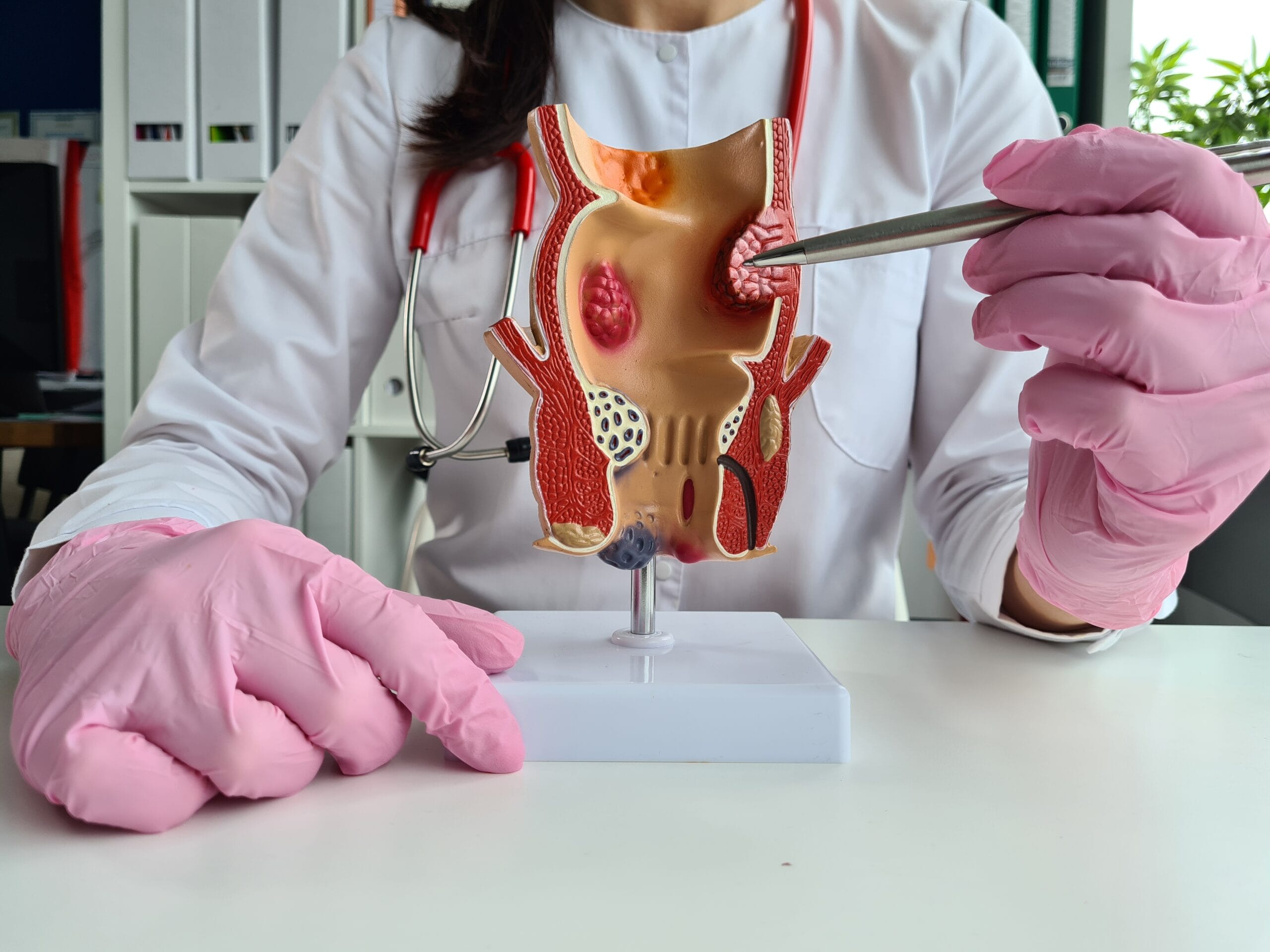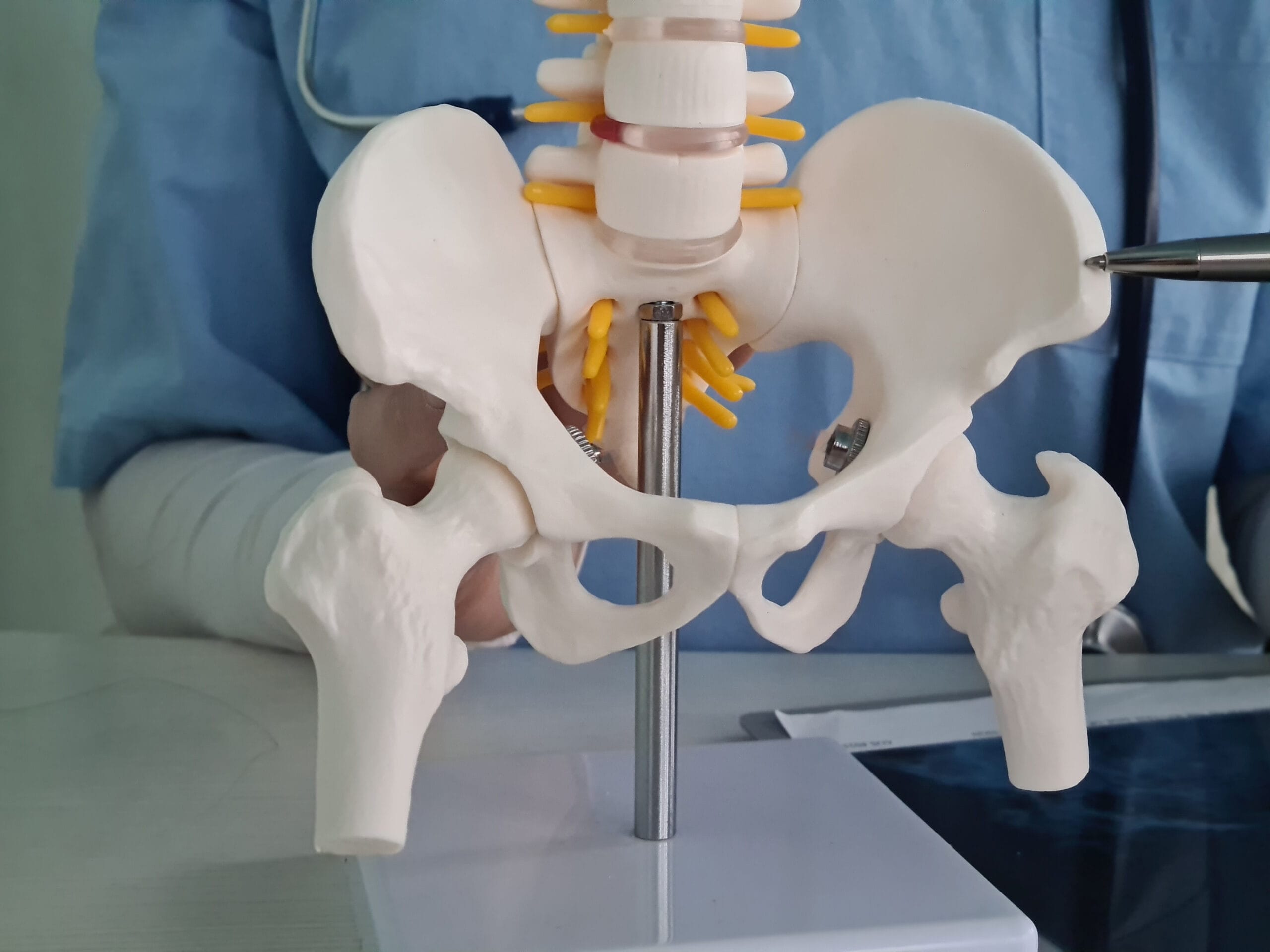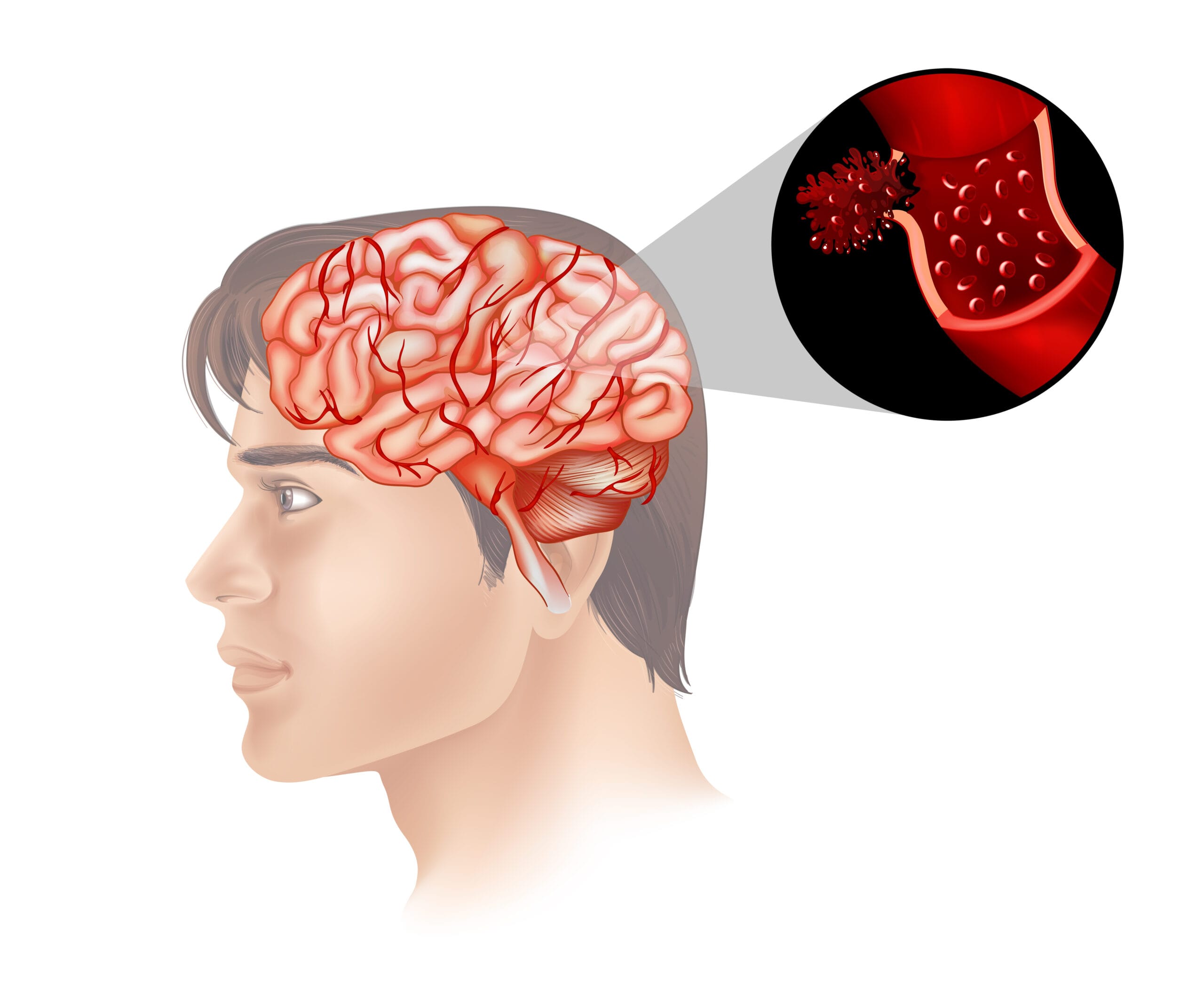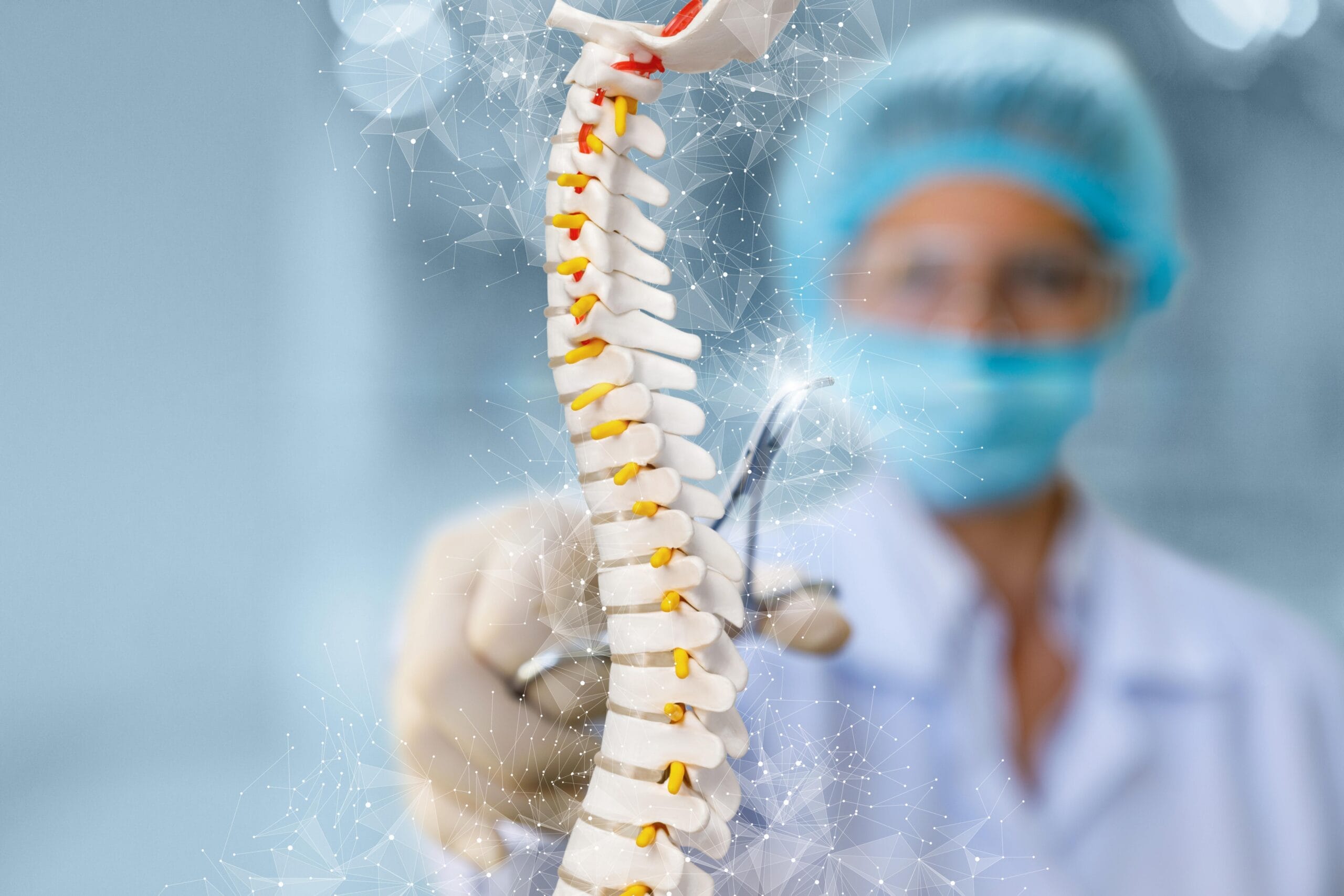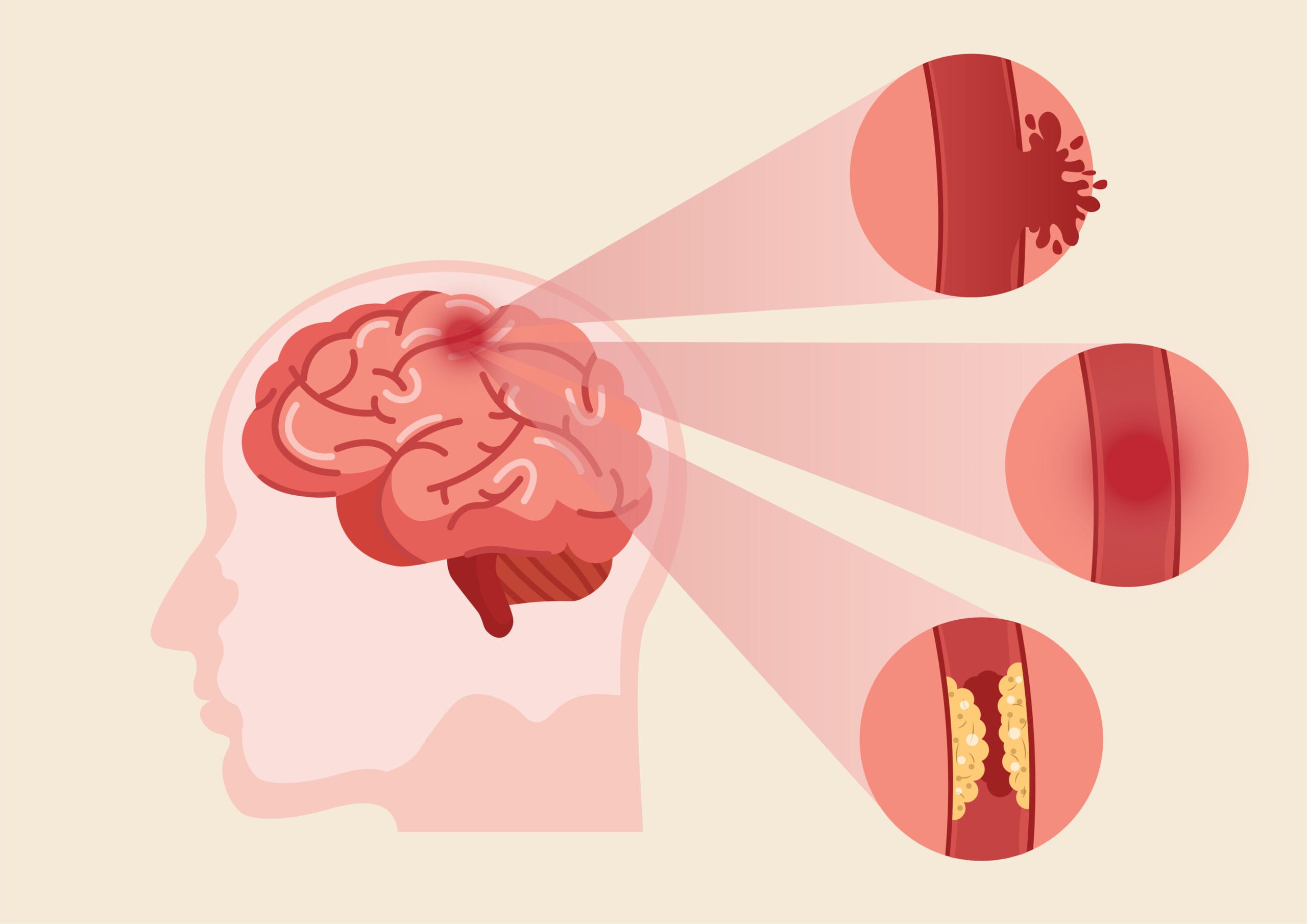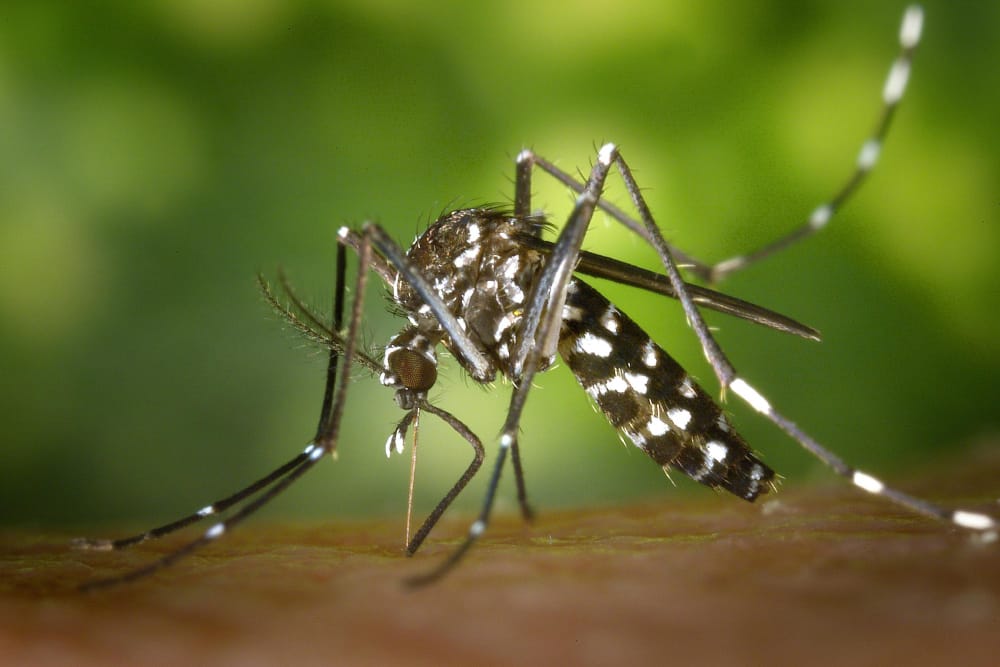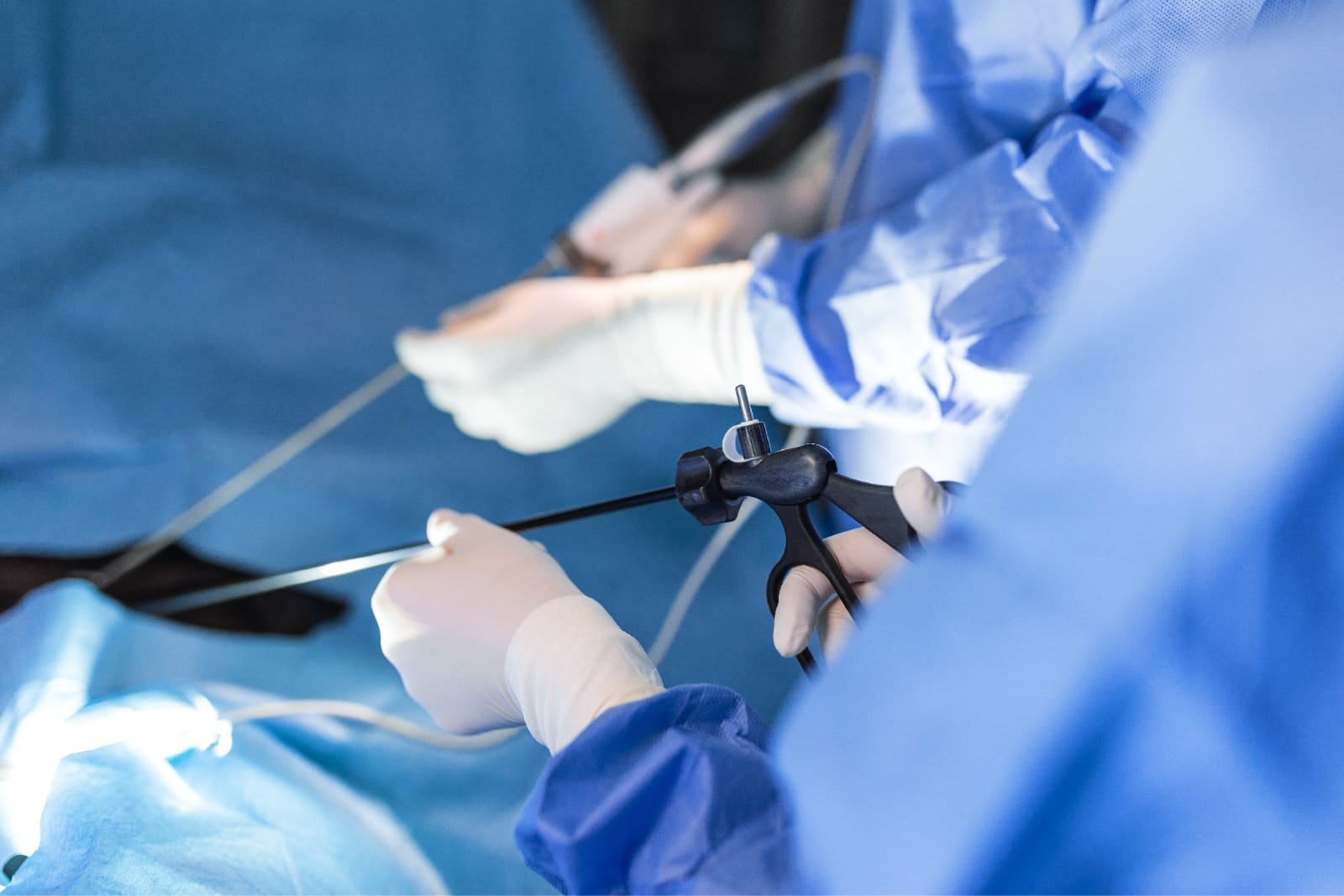Does Breastfeeding Delay Periods? Doctor Explains the Truth
-


Does breastfeeding delay periods? Many new mothers are surprised when their menstrual cycle doesn’t return for months after delivery. Some even assume breastfeeding works as a natural contraceptive. But is this true?
To answer these common questions, we spoke to डॉ. स्वप्निल अग्रहरि, Consultant – Obstetrics & Gynaecology at Silverstreak Multispeciality Hospital, Gurgaon, who explains the real connection between breastfeeding, delayed periods, and fertility.
“Yes, breastfeeding can delay the return of menstruation,” says Dr. Swapnil Agrahari. “When a mother breastfeeds exclusively, the body produces higher levels of prolactin, a hormone responsible for milk production. Prolactin also suppresses ovulation, which can delay the menstrual cycle for several months.”
This condition is called lactational amenorrhea and is one of the body’s natural ways to support breastfeeding.
👉 Consult to the best gynaecologist in gurgaon at Silverstreak Hospital.
👉 Related Blog: 11 Proven Normal Delivery Tips for a Safer Birth
According to the World Health Organization (WHO), breastfeeding can act as a natural contraceptive under very strict conditions (called the Lactational Amenorrhea Method – LAM):
Dr. Swapnil cautions: “The absence of periods doesn’t guarantee you are not fertile. Ovulation may occur before the first period, which means pregnancy is possible.”
👉 If you want to avoid pregnancy, consult our gynecologists in Gurgaon about safe contraception options during lactation.
Yes. Even without periods, ovulation can occur silently, which means pregnancy is possible while breastfeeding. Many women assume that the absence of periods after delivery guarantees safety from conception, but this is a myth.
In reality, your body can release an egg before your first postpartum period returns. If this egg is fertilized, pregnancy can happen without any warning signs. This is why some mothers experience unplanned pregnancies while still nursing their infants.
Dr. Swapnil Agrahari explains: “Breastfeeding reduces fertility temporarily, but it is not a foolproof method of contraception. Women can ovulate before their first period, making them fertile without realizing it. Couples who want to avoid pregnancy should always discuss safe contraceptive options with their doctor.”
You are more likely to conceive if:
If you are not planning another pregnancy soon, speak to your gynecologist about contraception options that are safe during lactation, such as:
Avoid estrogen-based contraceptives in the early months of breastfeeding, as they may affect milk supply.
Book a consultation with Silverstreak Hospital’s Gynecology Experts to learn about the safest contraception choices while breastfeeding.
Breastfeeding does more than nourish your baby:
👉 To discuss safe contraception and postpartum care, visit Silverstreak Multispeciality Hospital, Sector 87 Gurgaon.
1. How long can breastfeeding delay periods?
Exclusive breastfeeding can delay menstruation for 6–12 months, though it varies by woman.
2. Can breastfeeding prevent pregnancy naturally?
Only under strict conditions (LAM method) and only for up to 6 months postpartum.
3. Can I ovulate without having a period after delivery?
Yes. Ovulation can occur before your first period, so pregnancy is possible.
4. Which contraceptives are safe during breastfeeding?
Progestin-only pills, IUDs, and barrier methods. Always consult your doctor.
5. Is it normal to have irregular periods after they return?
Yes, cycles may be irregular initially, but usually stabilize.




